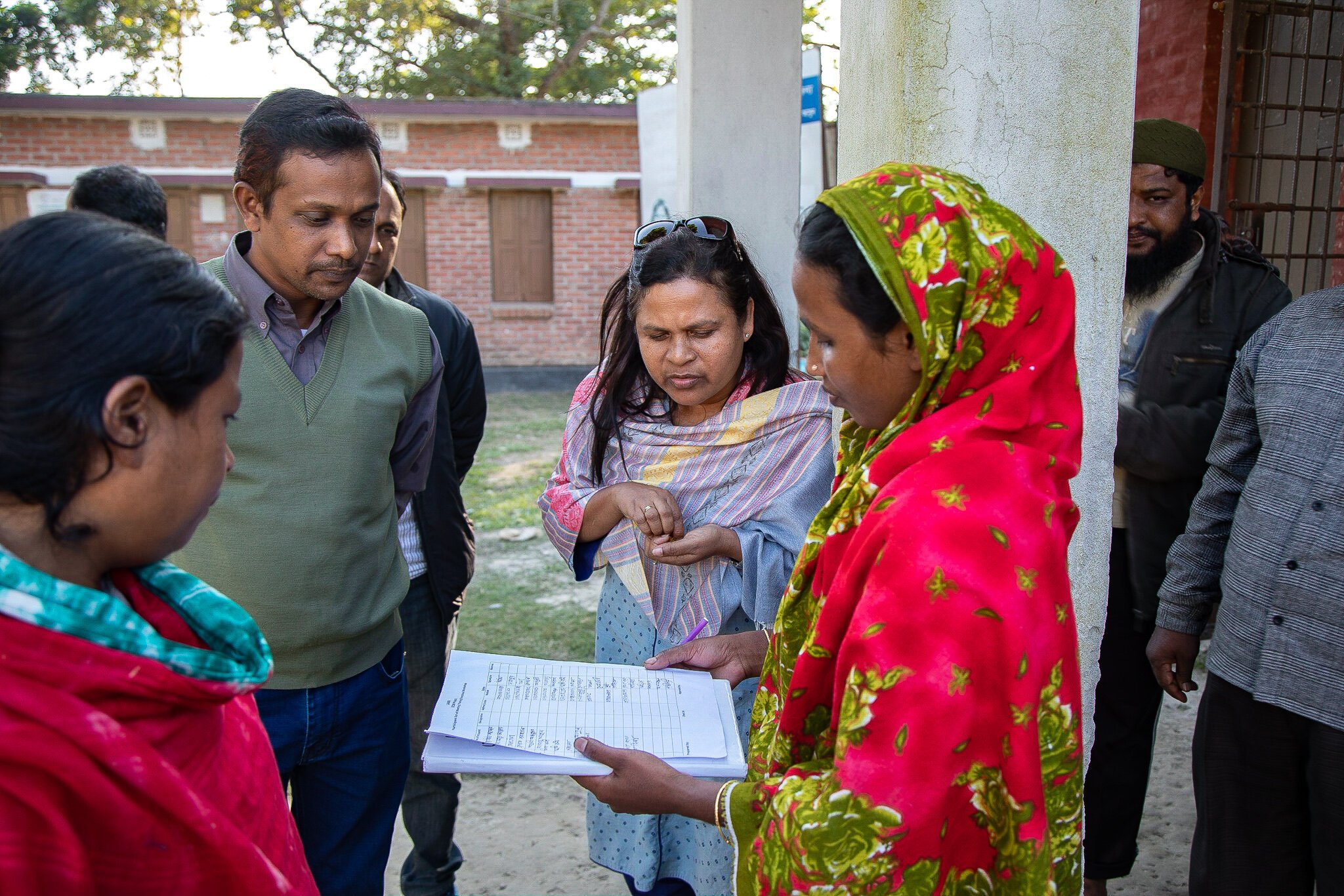
Community capacity development
One of the core LAMB objectives is, ‘communities themselves deliver and sustain equitable, accessible health and social systems.’
The Community Capacity Development work aims to:
Develop sustainable local organisations that will oversee ongoing programmes and their own local initiatives working for the benefit of the poor and marginalised.
Activate community engagement with government and other NGO social service providers for accountability and responsiveness.
Building Community Leadership Skills
The knowledge and skills involved in managing or steering community health resources is not common in the local communities. LAMB is actively involved in training and developing informal leaders, gathered in Clinic Management Committees or Community Support Groups. These leaders review data related to health and health care in their communities and make their own evidence-based decisions and plans for improvement. Through their participation, they gain knowledge and practical skills to take on supervisory roles in their communities for health activities.
Justice and Advocacy
As in many countries, the poorer sections of the community are those least able to self-advocate for inclusion and resources such as healthcare, education, infrastructure, safety and security.
LAMB is working with Government health services to increase community accountability and oversight of health services so that the poorer sections of the community can be heard.
Social Development
LAMB has helped to form neighbourhood women’s groups through an approach called ‘Participatory Action Research’. The approach seeks participatory learning and action among often low-literacy and marginalised poor.
Saving for Social Initiatives
Women’s groups have formed with the understanding that savings are under the group’s control. The money is distributed to group members partly according to emergency needs and partly by in-turn access to a larger sum.
These women seek to understand reasons behind barriers to health and develop local initiatives to overcome those barriers. For example, one group decided to assign members to accompany pregnant mothers so they could attend antenatal clinic visits. Another group successfully petitioned their local council members to have street lights installed to protect teenage girls who returned home from school after dark.
They learn by doing, where success in small projects and management of local conflicts gives them experience and confidence to tackle larger issues.
